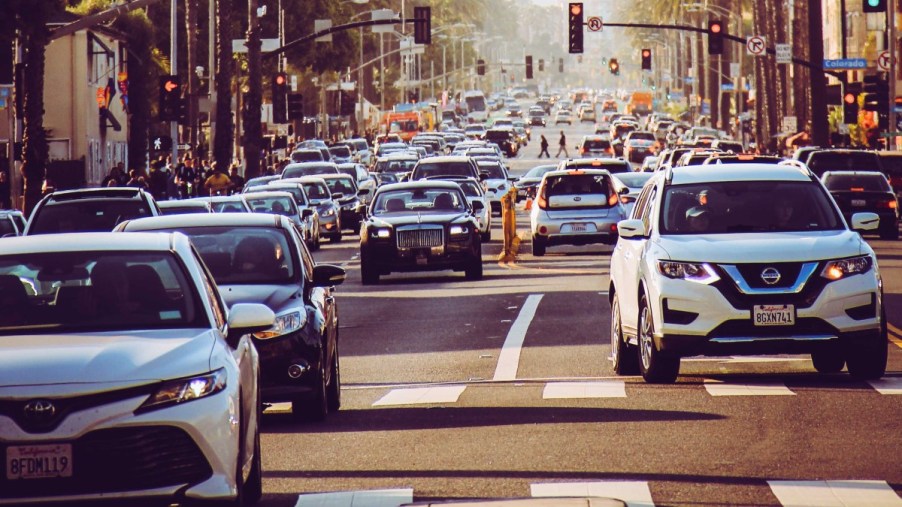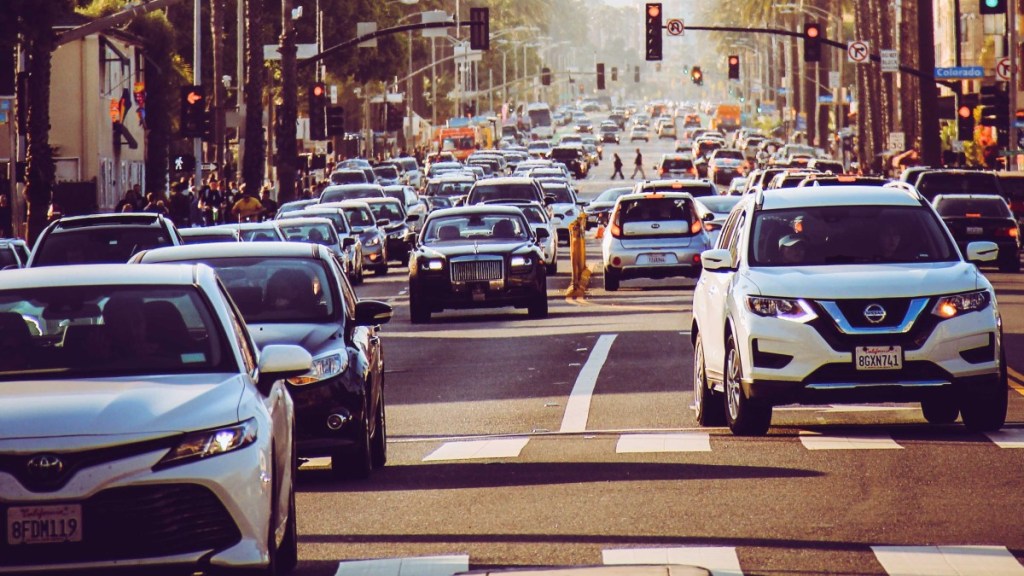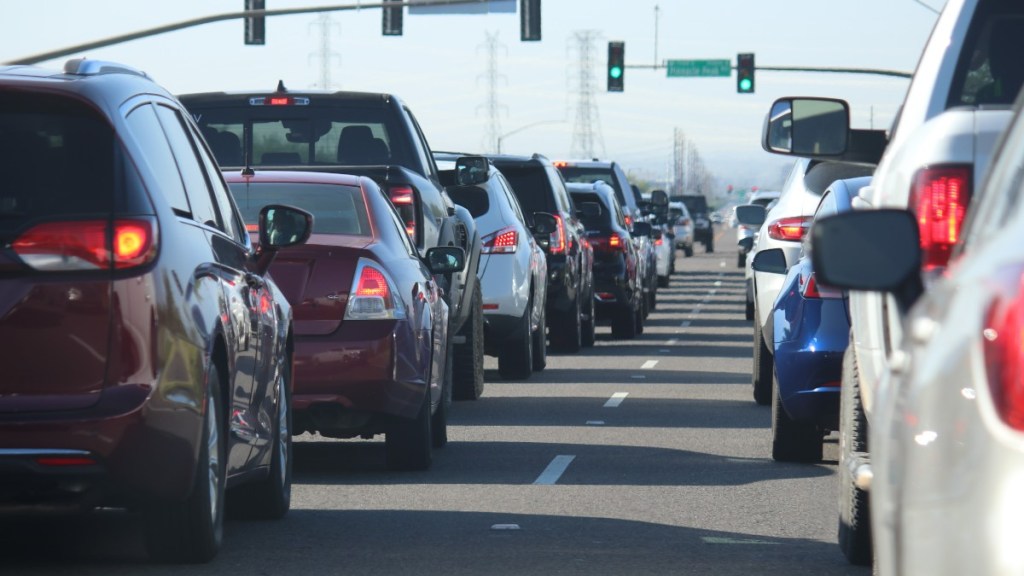
Car Noises Cause Heart Attacks and Strokes, Says Study
Most people consider car noises to be an annoyance. Whether it’s the blaring sound of a horn, screeching brakes, or a rumbling engine, car noises are nuisances. This is especially the case for people that live in congested cities or near highways. Also, according to a recent study, car noises have dire consequences that go beyond a mere nuisance. They cause heart attacks and strokes.
Study shows the connection between car noises and heart disease

Researchers at Rutgers’s Robert Wood Johnson Medical School recently published a study on the connection between car noises and heart and cardiovascular ailments for New Jersey residents. As detailed by Streetsblog NYC, car noises contribute to heart attacks, strokes, “cardiovascular damage, and higher rates of heart disease.”
The noise pollution study utilized data from 16,000 New Jersey residents hospitalized for a heart attack in 2018. The researchers “found that the heart-attack rate was 72% higher in areas with a lot of transportation noise.” The transportation noise includes both car and air traffic. Also, the study directly traced 5% of hospitalizations to “elevated transportation noise.” Researchers defined high-noise areas as “those experiencing an average of more than 65 decibels — the level of a loud conversation — over the course of a day.”
Transportation noise ‘triggered about 1 in 20 New Jersey heart attacks’

The study also compared the rate of heart attacks of residents living in noisy areas and those in quieter neighborhoods. It found that “people living in noisy areas had 3,336 heart attacks per 100,000 population.” In comparison, there were “1,938 heart attacks per 100,000 for those in quieter neighborhoods.” Additionally, the transportation noise “triggered about 1 in 20 New Jersey heart attacks.”
The findings of the traffic noise-heart disease study are groundbreaking in the United States. Previously, similar studies about traffic noise and the negative health consequences were conducted in Europe. The results of these studies aligned with the study in New Jersey. With this in mind, the results “likely could be replicated in similarly dense, noisy urban areas.”
“When people talk about pollution, they’re usually talking about particles in the air or water, but there are other forms of pollution, and noise pollution is one of these,” said Dr. Abel Moreyra, the study’s lead author.
He continued, “As cardiologists, we are used to thinking about many traditional risk factors such as smoking, hypertension, or diabetes. This study and others suggest maybe we should start thinking about air pollution and noise pollution as additional risk factors for cardiovascular disease.”
Solutions for reducing car and air traffic noise pollution
Dr. Moreyra suggested possible solutions to reduce car and air traffic noise pollution and the resulting heart attacks, strokes, and other cardiovascular ailments. This includes “better noise insulation for buildings, low-noise tires for vehicles, enforcement of noise laws, infrastructure such as sound walls that block road noise, and rules for air traffic.” Another solution is for people to drive less and use mass transportation instead.
Also, electric vehicles could help address the noise pollution problem. People tout EVs for their zero-emission powertrains, resulting in less air pollution and the adverse effects of climate change. However, another benefit of EVs is electric motors are considerably quieter the gas engines. As more people drive electric cars instead of gas-powered ones, car-related noise pollution should decrease.


